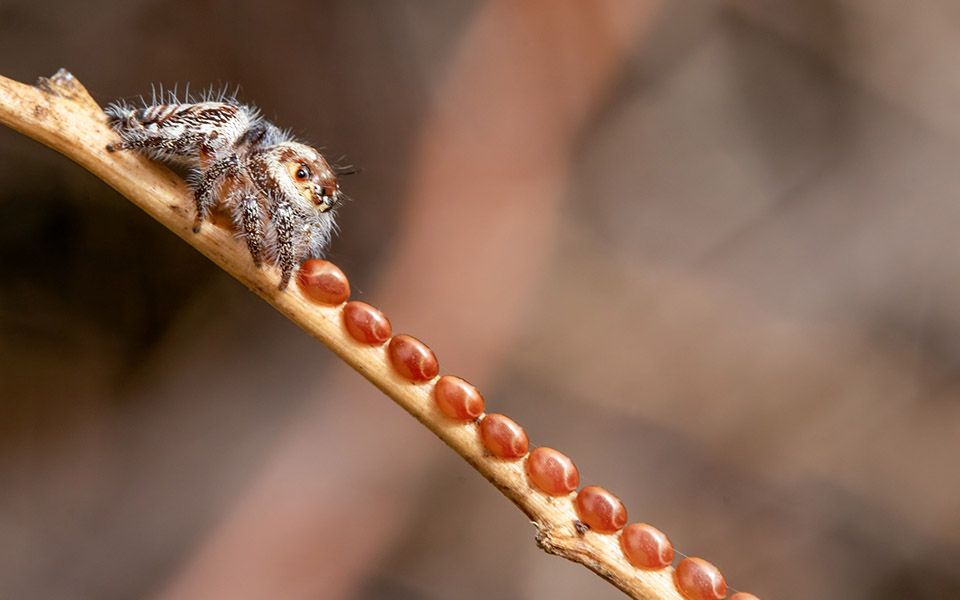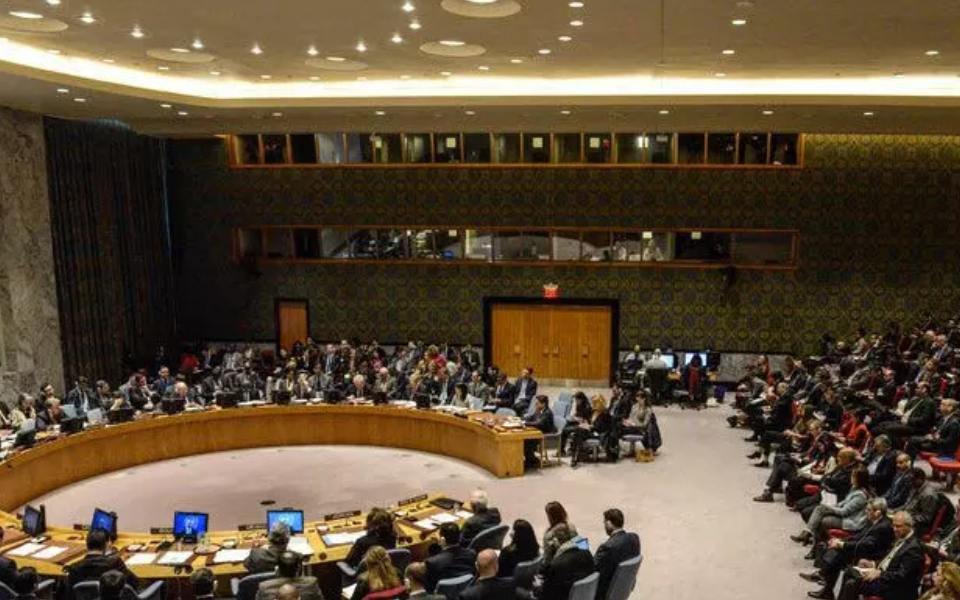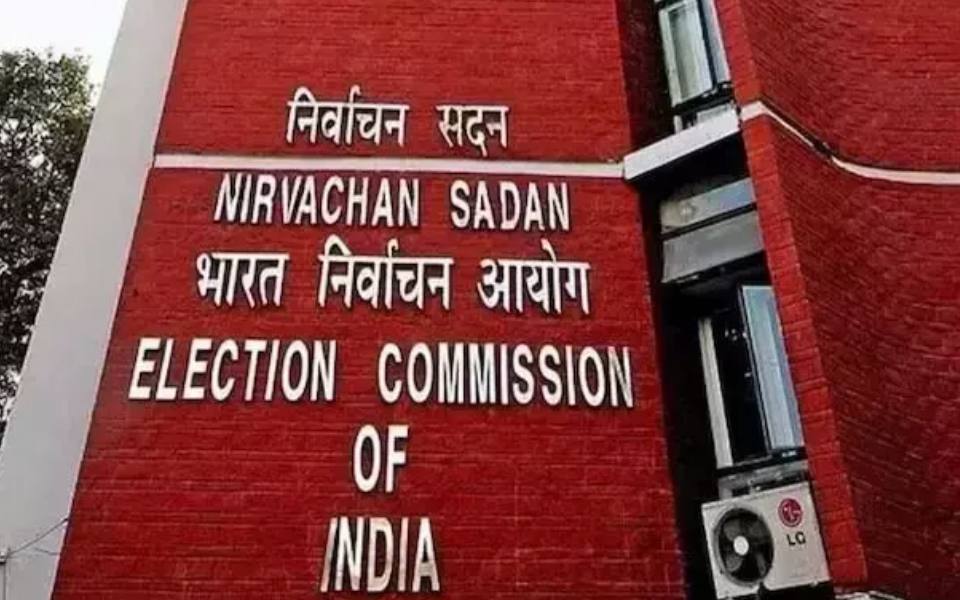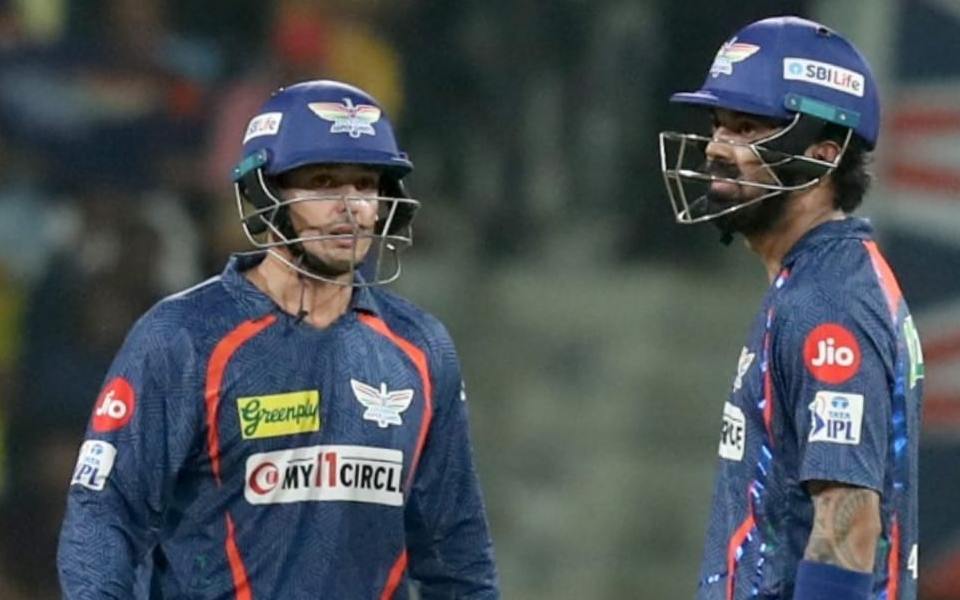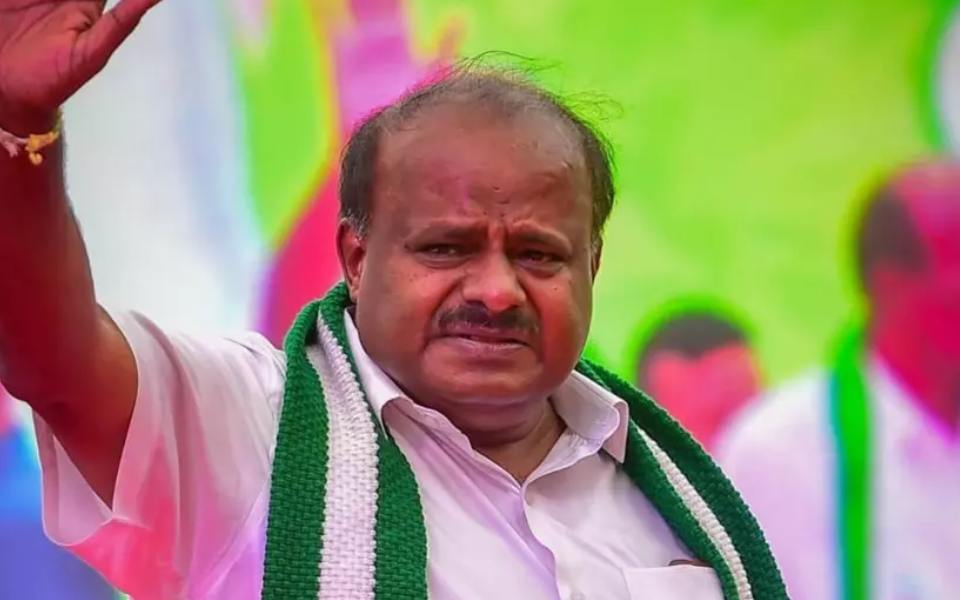►Spider’s newly discovered behaviour photographed for the first time.
►Social media helped in the discovery of the behaviour.
►The discovery is significant as it can help in biological methods of pest-control.
►Dr. Krishna Mohan, a Dakshina Kannadiga, is one of the experts involved in the study.
At a time of widespread complaints regarding misuse of social media by people, here is a heartening story of how social media served a useful purpose in advancing scientific knowledge about a unique species of spiders. Thanks to a sharp observation made by a Facebook user, one of the largest social media platforms in the country, an endemic South-Asian species of jumping spider, Hyllus semicupreus has been discovered to feed on insect eggs for the first time ever.
This behaviour is a new discovery for the species and has been reported by a team of researchers based in Mumbai, based on the inputs provided by a wildlife photographer from Andhra Pradesh. The discovery is significant as it can help in furthering biological means of pest control.
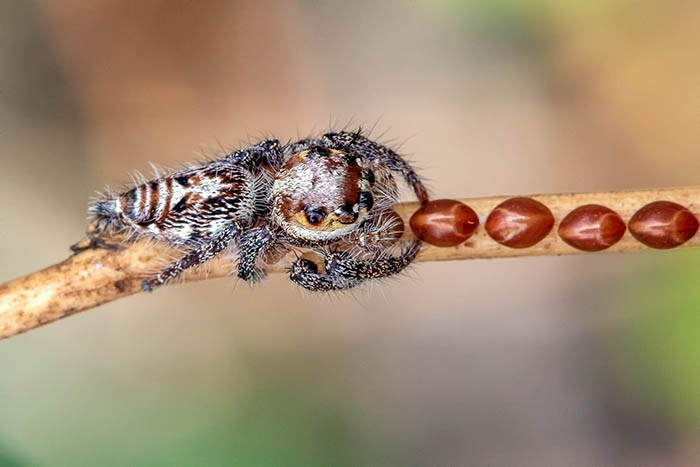
The discovery is published in the latest issue of 'Peckhamia', a globally renowned, peer-acclaimed international scientific journal dedicated to the study of jumping spiders. The study was collaborated with Dr. David E. Hill, a world authority on jumping spiders, and Dr. Richard J. Pearce, a leading British spider expert. It was led by principal author and lead researcher Javed Ahmed, along with co-researchers Rajashree Khalap and Dr. Krishna Mohan, who is a naturalist and surgeon based in Moodabidri. The discovery was reported by wildlife photographer AN Suresh Kumar, who first recorded this behavior and shared his observations with the team.
THE DISCOVERY
Hyllus semicupreus is a large, colourful bronze-colored jumping spider. It was previously recorded for the first time from Mumbai in 2015 and also been photographed across Maharashtra, especially in Raigad district. The spider can be easily identified from photographs and is known to feed on small insects and such.
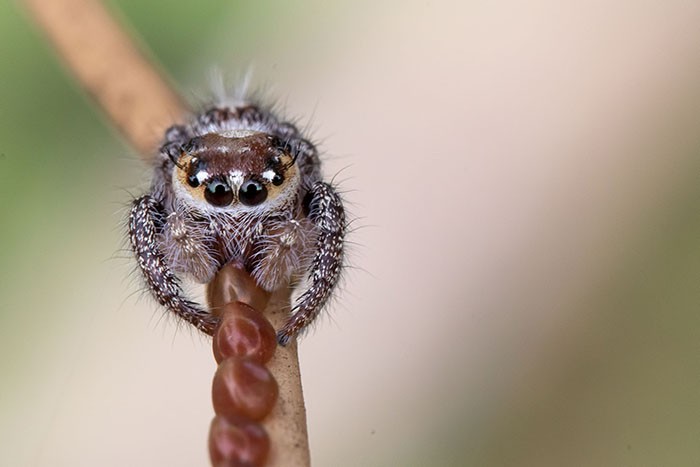
Recently, and for the first time, wildlife photographer and amateur naturalist AN Suresh Kumar came across the spider feeding on leaf-footed bug eggs (familyCoreidae) on his farmland in Andhra Pradesh. Not knowing, he had clicked a new behavior and shared the photographs on the "Spiders of the Indian Subcontinent", a specialist Facebook group which is focusing on the documentation, identification and study of Indian spiders.
The photographs were spotted by arachnologist and researcher, Javed Ahmed. Realizing the importance of this chance discovery, Ahmed encouraged the photographer to contribute his findings to science to facilitate a better understanding of spiders, which are severely understudied in India compared to other wildlife species such as butterflies, birds and mammals.
'Oophagy' or preying on eggs is an interesting behavior, which, while reported in a number of jumping spiders, has never before been observed in Hyllus semicupreus, a relatively common jumping spider. This discovery is significant because leaf-footed bugs are severe agricultural pests and spiders such as Hyllus semicupreus can be acted as important pest-control agents.
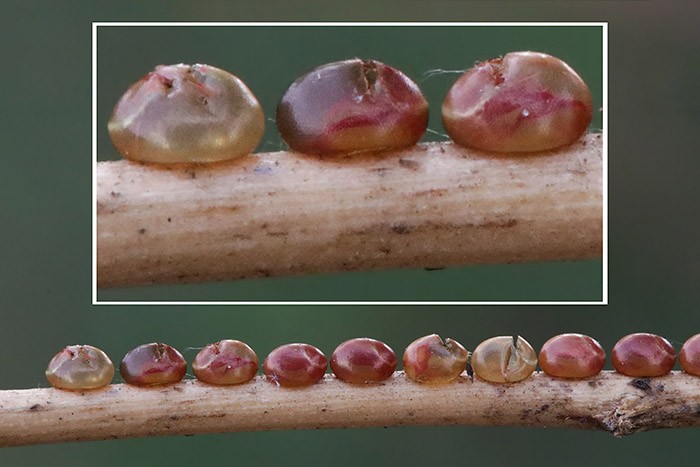
Acknowledging the potential use of social media, Javed Ahmed observes: “In this digital age of lighting fast internet connections and powerful pocket computers (smart phones), which are carried by almost everyone, there's a lot of potential for social media platforms to act as a bridge between scientists and hobby photographers, to bring to light unique observations on the natural world never seen before. An important thing to remember though is, these observations, if not reported on an academic platform, such as a peer reviewed scientific journal, would be otherwise useless and lost forever.”
Photos: A. N. Suresh Kumar
Let the Truth be known. If you read VB and like VB, please be a VB Supporter and Help us deliver the Truth to one and all.
United Nations, Apr 19: The US has vetoed a resolution in the UN Security Council on the latest Palestinian bid to be granted full membership of the United Nations, an outcome lauded by Israel but criticised by Palestine as “unfair, immoral, and unjustified".
The 15-nation Council voted on a draft resolution Thursday that would have recommended to the 193-member UN General Assembly “that the State of Palestine be admitted to membership in the United Nations.”
The resolution got 12 votes in its favour, with Switzerland and the UK abstaining and the US casting its veto.
To be adopted, the draft resolution required at least nine Council members voting in its favour, with no vetoes by any of its five permanent members - China, France, Russia, the United Kingdom and the United States.
Palestinian attempts for recognition as a full member state began in 2011. Palestine is currently a non-member observer state, a status that was granted in November 2012 by the UN General Assembly.
This status allows Palestine to participate in proceedings of the world body but it cannot vote on resolutions. The only other non-member Observer State at the UN is the Holy See, representing the Vatican.
Israel’s Foreign Minister Israel Katz praised the US for vetoing what he called a “shameful proposal.”
“The proposal to recognise a Palestinian state, more than 6 months after the largest massacre of Jews since the Holocaust and after the sexual crimes and other atrocities committed by Hamas terrorists was a reward for terrorism”, Katz wrote on X, after the US veto.
US Ambassador Robert Wood, Alternative Representative for Special Political Affairs, said in the explanation of the vote at the Security Council meeting on Palestinian membership that Washington continues to strongly support a two-state solution.
“It remains the US view that the most expeditious path toward statehood for the Palestinian people is through direct negotiations between Israel and the Palestinian Authority with the support of the United States and other partners,” he said.
“This vote does not reflect opposition to Palestinian statehood, but instead is an acknowledgement that it will only come from direct negotiations between the parties.”
Wood said there are “unresolved questions” as to whether Palestine meets the criteria to be considered a State.
“We have long called on the Palestinian Authority to undertake necessary reforms to help establish the attributes of readiness for statehood and note that Hamas - a terrorist organisation - is currently exerting power and influence in Gaza, an integral part of the state envisioned in this resolution,” he said, adding that “For these reasons, the United States voted “no” on this Security Council resolution.”
Wood noted that since the October 7 attacks last year against Israel by Hamas, US President Joe Biden has been clear that sustainable peace in the region can only be achieved through a two-state solution, with Israel’s security guaranteed.
"There is no other path that guarantees Israel’s security and future as a democratic Jewish state. There is no other path that guarantees Palestinians can live in peace and with dignity in a state of their own. And there is no other path that leads to regional integration between Israel and all its Arab neighbours, including Saudi Arabia,” he said.
The Palestinian Authority President, Mahmoud Abbas, sharply criticised the US veto, saying that it was “unfair, immoral, and unjustified, and defies the will of the international community, which strongly supports the State of Palestine obtaining full membership in the United Nations.”
Riyad Mansour, Permanent Observer of the State of Palestine, said that “our right to self-determination has never once been subject to bargaining or negotiation.
“Our right to self-determination is a natural right, a historic right, a legal right. A right to live in our homeland Palestine as an independent state that is free and that is sovereign. Our right to self-determination is inalienable...,” he said.
Getting emotional and choking up as he made the remarks, Mansour said that a majority of the Council members “have risen to the level of this historic moment” and have stood “on the side of justice, freedom and hope.”
He asserted that Palestine’s admission as a full member of the UN is an “investment in peace.”
On April 2, 2024, Palestine again sent a letter to UN Secretary-General Antonio Guterres requesting that its application for full UN membership be considered again.
For a State to be granted full UN membership, its application must be approved both by the Security Council and the General Assembly, where a two-thirds majority of the members present and voting is required for the State to be admitted as a full member.
Earlier in the day, Guterres, in his remarks to a Council meeting on the Middle East, warned that the region is on a “knife edge”.
“Recent escalations make it even more important to support good-faith efforts to find lasting peace between Israel and a fully independent, viable and sovereign Palestinian state,” Guterres said.
“Failure to make progress towards a two-state solution will only increase volatility and risk for hundreds of millions of people across the region, who will continue to live under the constant threat of violence,” he said.
The UN, citing the Ministry of Health in Gaza, said that between October 7 last year and April 17, at least 33,899 Palestinians have been killed in Gaza and 76,664 Palestinians injured. Over 1,200 Israelis and foreign nationals, including 33 children, have been killed in Israel, the vast majority on October 7.
As of April 17, Israeli authorities estimate that 133 Israelis and foreign nationals remain captive in Gaza, including fatalities whose bodies are withheld.

